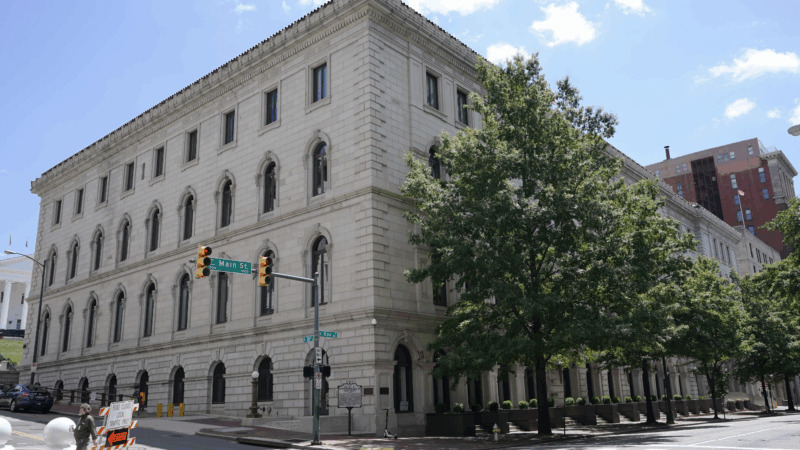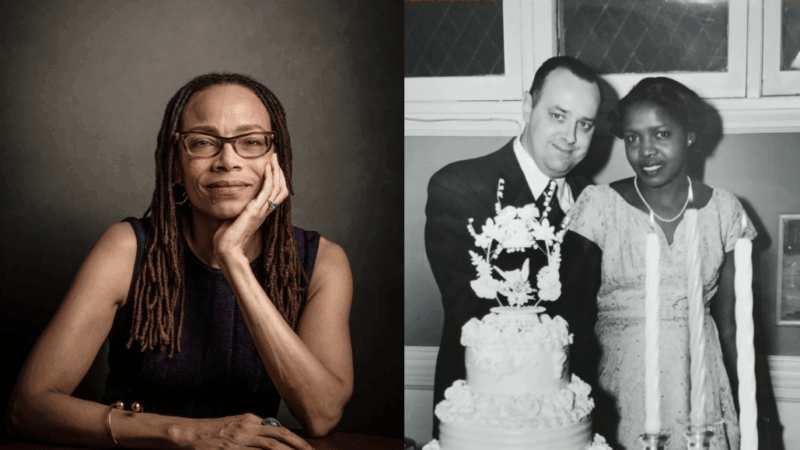U.K. Parliament bans women from being prosecuted for late-term abortion
LONDON — In the biggest reform to British abortion laws in nearly 60 years, members of Parliament have voted to decriminalize some late-term abortions — at a time when many of their U.S. counterparts are moving in the other direction, to limit the procedure.
In a landslide vote late Tuesday, lawmakers in the lower house of British parliament, the House of Commons, endorsed new legislation that bars women in England and Wales from ever being investigated, arrested, prosecuted or imprisoned for terminating their own pregnancies — no matter what term or trimester they’re in. The vote was 379 to 137.
Abortion is allowed up to 24 weeks of pregnancy, and beyond that in certain cases, if the woman’s life is in danger. But abortions have to be approved by two doctors, except for those that are terminated at home within 10 weeks.
Women who’ve ended their pregnancies outside those rules — for example by buying pills online and taking them at home, during the third trimester — have in some cases been prosecuted.
The new law changes that.
One of the most famous cases of women who’ve been prosecuted is that of Nicola Parker, who delivered a stillborn baby at home, at the height of the COVID-19 pandemic, after taking abortion medicine prescribed by a doctor over the phone when she was about 26 weeks pregnant. At trial, she told jurors she thought she was only six weeks along. She was arrested, jailed — and ultimately acquitted last month.
“The new [law] is about recognizing that these women need care and support, and not criminalization,” the author of an amendment to the new law, MP Tonia Antoniazzi, told Parliament, calling the old law “outdated” and “Victorian.”
Others say the new law doesn’t go far enough.
It does not change rules governing abortions in a clinical setting, and it leaves open the possibility of prosecutions of anyone who assists a woman in getting a late-term abortion, including medical professionals.
Another MP, Stella Creasy, proposed an amendment that would have fully decriminalized abortion and enshrined access to it as a human right. But it was not allowed to be brought for a vote. In an op-ed Wednesday, Creasy called it a “missed opportunity.”
Yet another amendment, on which lawmakers also weren’t allowed to vote, would have prevented the sale of mail order abortion pills.
The new law still needs approval in the upper house of Parliament, the House of Lords, before taking effect — but backers have the votes there, and that is all but guaranteed.
Because of the United Kingdom’s devolved system of government, this law covers only England and Wales. The other two countries in the U.K., Scotland and Northern Ireland, have their own, similar sets of rules governing abortion and other matters.
This is nevertheless the biggest change to British abortion laws since the Abortion Act of 1967, which legalized abortion in England, Wales and Scotland. Initially that law allowed the procedure up to 28 weeks of pregnancy, but it was later reduced to 24 weeks.
Federal judge acknowledges ‘abusive workplace’ in court order
The order did not identify the judge in question but two sources familiar with the process told NPR it is U.S. District Judge Lydia Kay Griggsby, a Biden appointee.
Top 5 takeaways from the House immigration oversight hearing
The hearing underscored how deeply divided Republicans and Democrats remain on top-level changes to immigration enforcement in the wake of the shootings of two U.S. citizens.
Snowboarder Chloe Kim is chasing an Olympic gold three-peat with a torn labrum
At 25, Chloe Kim could become the first halfpipe snowboarder to win three consecutive Olympic golds.
Pakistan-Afghanistan border closures paralyze trade along a key route
Trucks have been stuck at the closed border since October. Both countries are facing economic losses with no end in sight. The Taliban also banned all Pakistani pharmaceutical imports to Afghanistan.
Malinowski concedes to Mejia in Democratic House special primary in New Jersey
With the race still too close to call, former congressman Tom Malinowski conceded to challenger Analilia Mejia in a Democratic primary to replace the seat vacated by New Jersey Gov. Mikie Sherrill.
A daughter reexamines her own family story in ‘The Mixed Marriage Project’
Dorothy Roberts' parents, a white anthropologist and a Black woman from Jamaica, spent years interviewing interracial couples in Chicago. Her memoir draws from their records.





